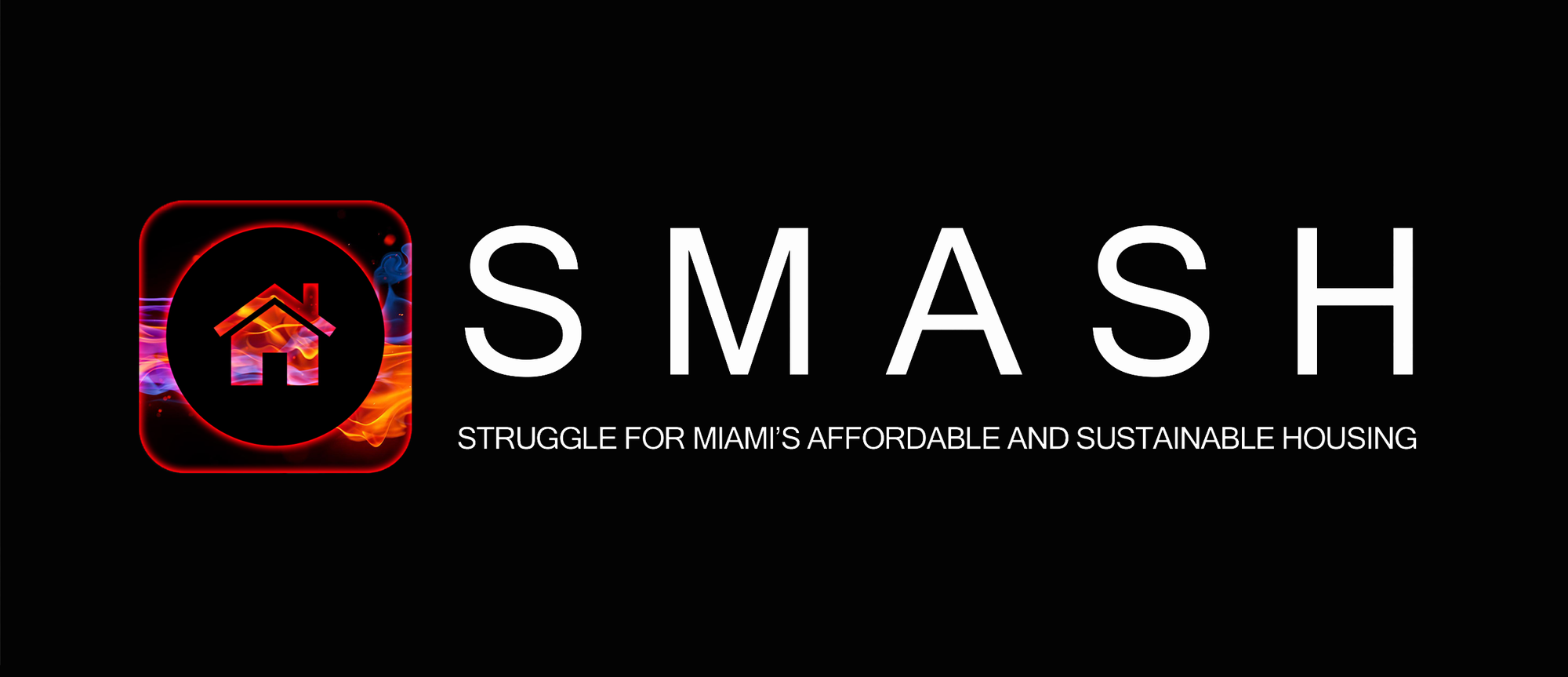Over 100 Displaced People in a Mobile Community in Order to "Clean up" Miami Neighborhood
"...as [gentrifiers] continue their march to some of the oldest and most culturally rich and diverse neighborhoods in our city, it becomes too imperative an existential threat for people to remain idle."

Miami, like most cities, is one where the rich and their needs are favored over all else. If the rich would like an entire neighborhood bulldozed in order to create a faux-artisan bohemian paradise, it’s done in the blink of an eye. The reasons for this are, of course, apparent to anyone familiar with the system in which we are all forced to dwell – capitalism – but as they continue their march to some of the oldest and most culturally rich and diverse neighborhoods in our city, it becomes too imperative an existential threat for people to remain idle.
Therefore, what we’ve seen in recent years is an increase in housing organizing in the area. It’s tough. Both the city and state legislate on behalf of the rich and their corporations, but the people, primarily those who live in the areas being gentrified, have taken back their own voice.
SMASH, a local organization dedicated to developing community owned and run properties has begun efforts to create a Community Land Trust and those who live in mobile homes, now have gone public with their efforts against eviction and gentrification in their respective areas.
City officials earlier this year already slapped insurmountable numbers of fines on the properties in order to intimidate both owners and renters into selling, and those who live in these communities are definitely feeling the pressure.
An article by our local paper, the Miami Herald, recently highlighted their plight. Over 100 families have been displaced in the process of fining and evicting, and the latter process has been done through borderline illegal channels. Some have recorded that their eviction notices were sent 24 hours or less before their eviction date, and many have been left without a home.
Since 2013, the City of Miami has noted the “uninhabitable conditions” of these homes, and the Miami Herald is also quick to note the area's history of drug crimes and prostitution. While the city is quick to publicize the code violations and societal issues that plague mobile communities, they are slow to develop solutions for these very same people that improve their livelihoods.
Local non-profits often also have the best of intentions, but the means through which they pursue change are slow and often easy for landlords and city governments to find loopholes in. Without the people themselves optimistic and involved in their issues that territorially affect them most, and without that change being radical in nature, it’s difficult to foresee any change in the future due to the resource advantage of those who choose to oppress.
